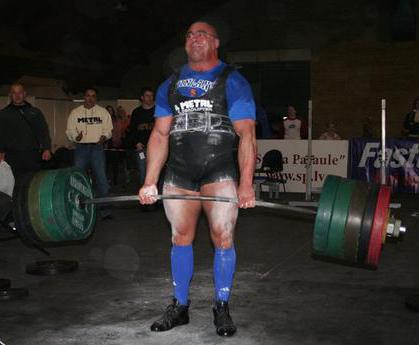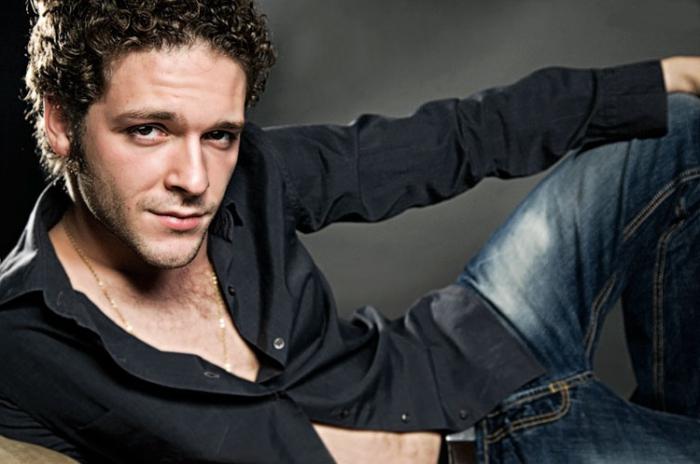Romodanovsky Konstantin Olegovich more than tenyears headed the Federal Migration Service of the Russian Federation. In April 2016, he left his post in connection with the abolition of this structure and the transfer of its powers to the Ministry of Internal Affairs of the Russian Federation, where they created the General Directorate for Migration.
Konstantin Romodanovsky: biography
The future general was born on 10/31/1956 in the capital of our Motherland. His parents were doctors.
After graduation, Konstantin Romodanovsky became a student at the First Medical Institute.
В 1980 г.Having received a medical degree (specialty "medical business"), he was assigned to work at the Institute of Forensic Medicine. He worked as a surgeon, and later as a pathologist. For some time he was an intern at the DID expert on duty.
Since 1982, Romodanovsky Konstantin Olegovichcame to the KGB of the USSR. He was immediately sent to the Higher Courses of the KGB. He explains his choice of moving to a service in this structure by the presence of a certain romance in such a profession.

At the beginning of his career in state security, he was an employee of the Fifth KGB Directorate, which was engaged in countering ideological sabotage.
Since 1988, he moved to the division engaged in the fight against organized crime.
Since 1992, he was transferred to the newly created division of his own security in the Ministry of Security of the Russian Federation.
Since 2000, Konstantin Romodanovsky has been appointed the first deputy head of the FSB’s own security department.
Transfer to GUSB MIA RF
May 2001 was a significant for Romodanovsky appointment to the post of head in the Main Directorate of own security of the Russian Ministry of Internal Affairs.
Many media outlets interpreted this.as the creation in the Ministry of Internal Affairs of a controlling structure, which allows President Vladimir Putin to receive timely information about problems arising within this department. Konstantin Romodanovsky and did not try to hide that he is a seconded employee of state security.

This, in particular, became widely known afterof how GUSB MIA of the Russian Federation actively began to identify "werewolves in uniform". The author of this action, according to Kommersant, was Viktor Ivanov - Assistant to the President of Russia for personnel, the civil service and the protection of human rights. Journalists believe that it was Ivanov who initiated the secondment of a former colleague into the structure of the Ministry of Internal Affairs for the post of head of the GUSB.
Since 2004, Konstantin Romodanovsky receivedDegree in Law His dissertation work was written about the criminal responsibility that arises in case of disclosure of data on the security of judges.
Konstantin Romodanovsky: FMS
From July 2005, Romodanovsky headed the Federal Migration Service of the Russian Federation, which was under the jurisdiction of the Ministry of Internal Affairs. He replaced A. Chernenko in this post, who retired due to deteriorating health.
In an interview, the newly appointed director of the FMSHe said that he sees this department not as a repressive device, but as a structure that optimizes the migration situation. He believes that repressive measures should go to the background.

In relation to the violators of immigration laws, he spoke in favor of not rushing to legalize migrants who had been illegally trafficked into the territory of our country.
Romodanovsky Konstantin, whose awards speak of his significant contribution over the period of activity as head of the migration service, is the holder of the Order of Courage and other orders and medals.
Further activities
Since 2007, K. O. Romodanovsky received the rank of colonel-general of police, but in connection with the reorganization activities from 9/06/2011 he headed the Federal Migration Service as a civilian.
As a charitable aid, he was actively engaged in the restoration of the monastery, where the burial of fifteen members of his family is located, of which nine were princes.

From 2013, Romodanovsky acquired the status of a federal minister, in which he remained until the abolition of the FMS.
FMS abolition
Some experts believe that President Putin has decided to abolish the FMS due to the weak effectiveness of its activities and corruption.
Shortly after Romodanovsky left the postFMS in 2016, the prosecutor's office began to check against him. There were suspicions that on the eve of his resignation they were given large subsidies for the purchase of housing for some service workers who were close to him.
For example, his secretary, Catherine Good, thus received about 22 million, while the average salary of employees in the department did not exceed fifteen thousand rubles.
Interestingly, the former deputy Romodanovsky explained the need for issuing such subsidies as one of the ways to prevent extortion from the staff of the migration service.
Critical remarks to the FMS
Often, some officials made critical remarks regarding Romodanovsky as the head of the FMS.
There has been an increase in ethnic crime due to the uncontrolled entry of migrants into Russia.

Главным московским прокурором Сергеем Куденеевым in 2013, it was noted that every second offense related to rape, every third in robbery and every fifth murder is committed by foreign migrants.
By 2016, the crime situation inThe migration environment has not undergone any changes towards improvement. The deputy head of MUR, M. Trubnikov, reported that 75 percent of rape crimes were committed by migrants, most of whom came from the former Soviet republics.
The poorly controlled migration flow exceeded, according to some observers, the need for them in the economic sphere, which led to the loss of jobs by citizens of Russia.












